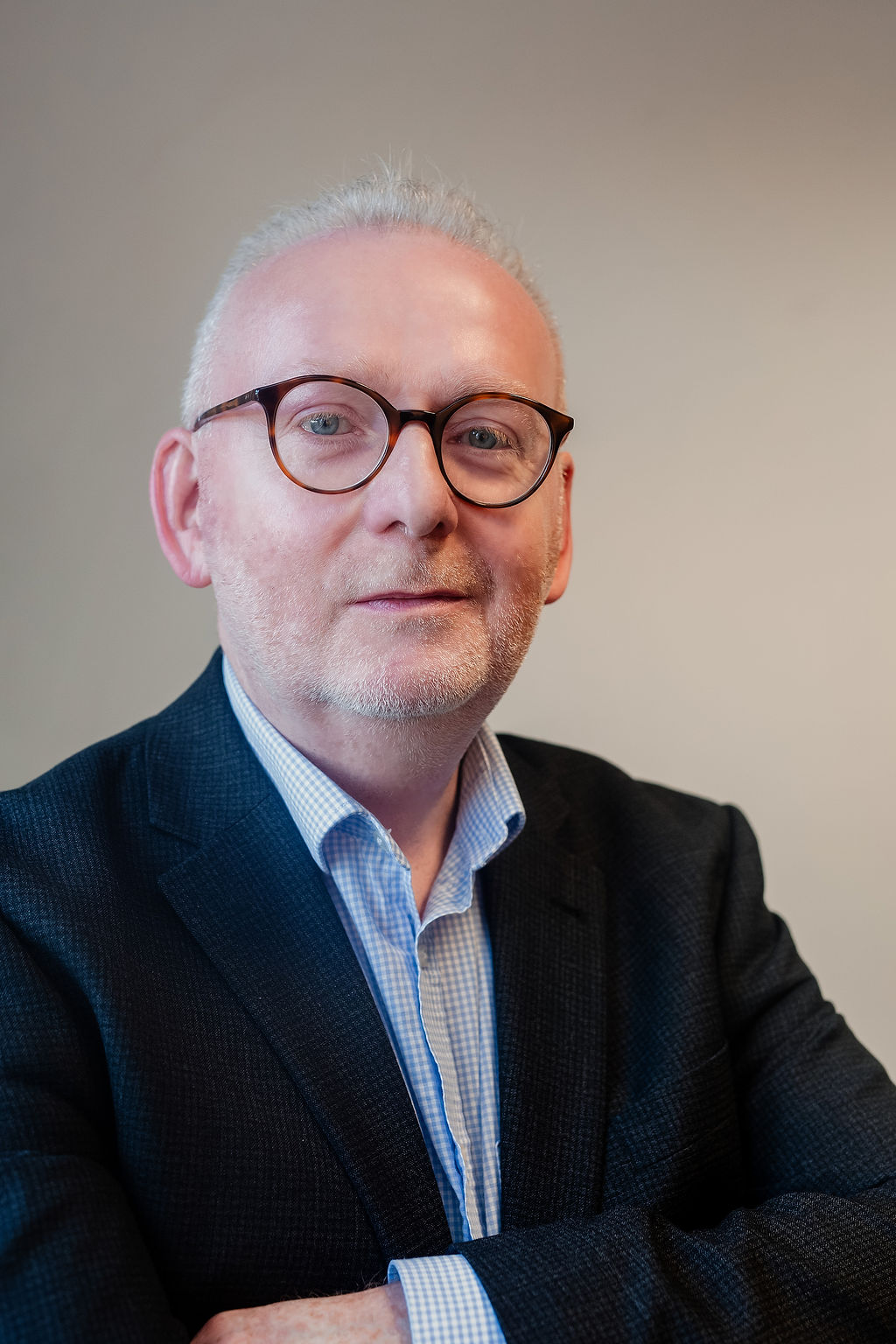
David Abbott is the Chief Executive of the Free Representation Unit (FRU), a charity that trains aspiring lawyers through providing a free legal representation service. His background is in regulation and the advice sector. In National Volunteers’ Week (NVW), he explains why FRU is a crucial resource for its volunteers and the Bar.
NVW is 40 years old this week, but FRU had already been harnessing the work of volunteers for a dozen years before NVW was inaugurated. FRU’s model is simple – we educate people in how to be lawyers while they volunteer to take on a legal case. We represent clients in social security, employment and criminal injuries compensation tribunals.
How does it work? We train and supervise our volunteers through a team of paid legal officers. Unqualified and inexperienced volunteers attend core training on employment or social security law and must pass our legal test. The real learning takes place during case preparation. All work is supervised and signed off, but the volunteer runs the case, and they alone attend the hearing or negotiate a settlement with the respondent. Experienced and eminent barristers and solicitors also volunteer, taking more complex cases through the appeal system.
The value from such a simple idea is multifold:
To the volunteer
Our volunteers are mostly looking to turn their academic and vocational learning into actually being a lawyer. 2024 pupillage applicant Lucy Stock illustrates the impact of her volunteering with FRU: “My work with FRU was a key contributor to securing pupillage. The advocacy experience provided by taking on a FRU case is unparalleled. I cross examined two witnesses and presented opening and closing submissions in Tribunal. This required preparing my strategy for cross examination, reacting to my witnesses, and tailoring my questions accordingly. I produced a schedule of loss which allowed me to value the case for the purpose of conducting settlement discussions. I undertook legal research when drafting the skeleton argument for the Tribunal hearing. I dealt with the client’s expectations and concerns throughout the process. In meetings I learnt how to condense complex legal principles for my client and ensure that he understood the issues in the case. In my pupillage interviews, my experience with FRU was regularly a discussion point. It allowed me to demonstrate not only my commitment to a career at the Bar but also that I had gained the necessary skills to succeed as a pupil. My experience at FRU gave me the material required to answer competency questions in interviews”.
Many senior members of the profession cut their teeth at FRU – for example Supreme Court Justice Lady Ingrid Simler or current Bar Council Chair Sam Townend KC. We still attract leading counsel who want to do pro bono, burnish their CV for KC or judicial applications or to broaden their field of practice. It is noteworthy that over 70% of our individual donors are Court of Appeal, High Court or circuit judges or KCs who recognise FRU’s value and are ‘paying it back’.
Whatever their motivation we couldn’t offer our service without volunteers and we’re grateful to them all.
To the client
There’s so much at stake for our clients, and such an inequality of arms due to the lack of legal aid. The prospect of being without representation causes many people to withdraw their claims.
FRU volunteers frequently receive feedback like this: “My case was very complex and had very loaded emotions on both sides. My FRU representatives handled my case with exceptional skill and attention to detail” or “Excellent service from my rep. The help wasn't what I expected, it was soo much better.”
We frequently secure five figure tribunal awards or settlements. For clients like ours these are life changing sums.
To the justice system
The rise in litigants in person is one of the factors in the crisis in the justice system. Judges regularly commend FRU volunteers for their contribution, regardless of whether their submissions are successful. Volunteering with FRU promotes access to justice and supports the rule of law.
To the Bar
Academic and vocational learning form the foundation of preparedness for practice. But nothing prepares one like doing the job. Each year FRU provides hundreds of aspiring barristers an opportunity to establish their skills. We’re like a finishing school that sends out people who can evidence many of the requirements of the Professional Statement. They can speak from direct experience in pupillage applications and interviews and may be able to start pupillage already having appeared before a High Court judge in the Employment Appeal Tribunal. I would argue that this is a strategic resource for the Bar, and that if we hadn’t been around for 52 years, we would have to be invented now.
FRU’s longevity makes it feel like part of the scenery; one of those institutions that is always with us, doing its thing in the background. However, we can’t be taken for granted. We receive no government funding, and it costs half a million pounds each year just to stand still. Supporting volunteers comes with a cost. Thanks go to the Bar Council, the Inns of Court, around a dozen chambers and the charity ICBET for their funding. Many chambers urge their prospective pupils to ‘do FRU’ but relatively few directly support us through donations.
Please help us to stay around harnessing the skills and enthusiasm of volunteers for the next 50 years by donating by following this link or contact me at [email protected].